STIs
What are STIs?
Sexually transmitted infections (STIs) are very common infections due to bacteria, parasites, yeast, and viruses.
STIs are transmitted from one person to another through sexual activity including vaginal, oral, and anal sex.
STIs don’t always cause symptoms or may only cause mild symptoms, so it is possible to have an infection and not know it. That is why it is important to get tested if you are having sex. If you are diagnosed with an STI, know that all can be treated with medicine and some can be cured entirely.
STIs are preventable. If you have sex, know how to protect yourself and your sexual partner from STIs.

HIV stands for human immunodeficiency virus. Learn more
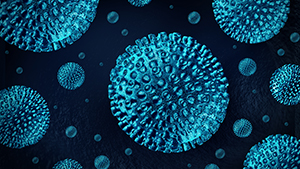
Viral hepatitis is the leading cause of liver cancer and the most common reason for liver transplantation. Learn more
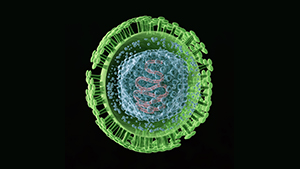
Genital herpes is a common STI, and most people with genital herpes infection do not know they have it. Learn more

Human papillomavirus (HPV) is one of the most common sexually transmitted infections. Some health effects caused by HPV can be prevented with vaccines. Learn more
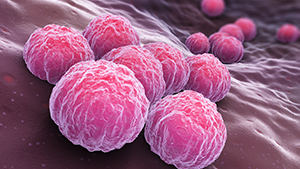
Chlamydia is a common STI that can be easily cured. If left untreated, Chlamydia can make it difficult for a woman to get pregnant. Learn more
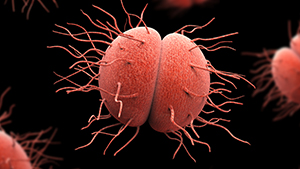
Anyone who is sexually active can get gonorrhea. Gonorrhea can cause very serious complications when not treated, but can be cured with the right medication. Learn more

Syphilis is a STI that can have very serious complications when untreated, but it is simple to cure with the right treatment. Learn more
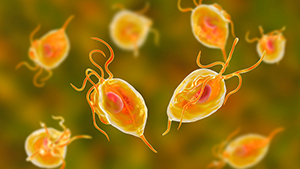
Most people who have trichomoniasis do not have any symptoms. Learn more
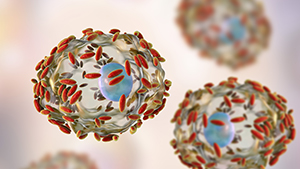
Any woman can get bacterial vaginosis. Having bacterial vaginosis can increase your chance of getting an STI. Learn more
Get tested. Which STI Tests Should I Get?
If you are sexually active, getting tested for STIs is one of the most important things you can do to protect your health. Make sure you have an open and honest conversation about your sexual history and STI testing with your doctor and ask whether you should be tested for STIs.
Below is a brief overview of STI testing recommendations.
- All adults and adolescents from ages 13 to 64 should be tested at least once for HIV.
- All sexually active women younger than 25 years should be tested for gonorrhea and chlamydia every year. Women 25 years and older with risk factors such as new or multiple sexual partners or a sexual partner who has an STI should also be tested for gonorrhea and chlamydia every year.
- All pregnant women should be tested for syphilis, HIV, and hepatitis B starting early in pregnancy. At-risk pregnant women should also be tested for chlamydia and gonorrhea starting early in pregnancy. Testing should be repeated as needed to protect the health of mothers and their infants.
- All sexually active men should be tested at least once a year for syphilis, chlamydia, and gonorrhea. Those who have multiple or anonymous partners should be tested more frequently for STIs (i.e., at 3- to 6-month intervals).
- Anyone who has unsafe sex or shares injection drug equipment should get tested for HIV at least once a year.

